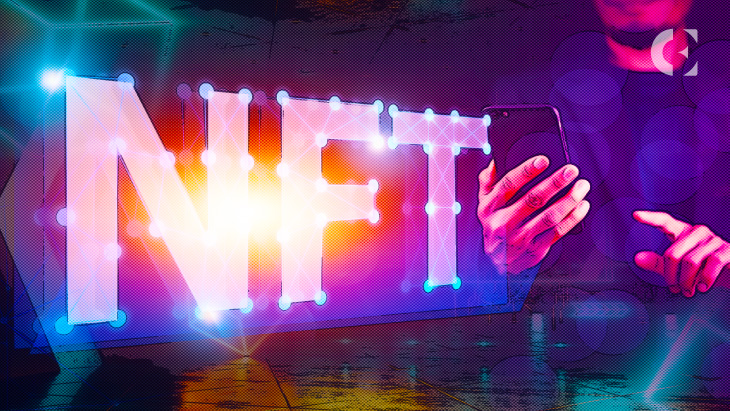- SEC classifies Stoner Cats NFTs as unregistered securities.
- Stoner Cats 2 (SC2) agrees to a cease-and-desist order and a $1 million civil penalty.
- Critics, including Ripple’s Stuart Alderoty, question SEC’s settlement enforceability.
In its regulatory move against NFT offerings, the U.S. Securities and Exchange Commission (SEC) has classified Stoner Cats NFTs as unregistered securities. The company behind the NFTs, Stoner Cats 2 LLC (SC2), has “agreed to a cease-and-desist order and to pay a civil penalty of $1 million,” although it has not admitted or denied the SEC’s findings.
SC2 further committed to establishing a fund to refund NFT buyers, destroying all NFTs in its possession, and publishing notice of the SEC’s order on its website and social media channels. However, the SEC’s decision has not gone unnoticed by some critics who raised doubts about the settlement.
Ripple’s CLO Stuart Alderoty, known for his legal expertise, took to Twitter to question the enforceability of the SEC’s settlement, suggesting it might be a mere “PR stunt.” He argued that settlements without admissions of guilt are not legally binding. “What matters is that when seriously challenged in court, the SEC continues to lose,” Alderoty added.
David Schwartz, CTO at Ripple, also weighed in, implying that such settlements may not necessarily be a victory for any party involved. Other critics, including James Filan, a former federal prosecutor, and Bill Morgan, a lawyer and digital asset enthusiast, have echoed the same concerns, considering the SEC’s approach as “punishing.”
Several crypto companies, including Kraken, have chosen to settle with the SEC to avoid lengthy legal battles. However, some, such as Ripple and Grayscale, have opted to challenge the SEC in court. Ripple itself achieved a partial victory against the SEC, and the agency also faced defeat in its case against Grayscale.
SC2 initially raised over $8 million by selling NFTs, priced at around $800 each, that offered fans exclusive access to the six-episode animated series. The SEC alleged that the project misled investors into thinking they would profit from selling the NFTs in the secondary market.
These charges against SC2 mark the SEC’s second action against NFTs, potentially bringing all NFTs under their jurisdiction. On August 30, the SEC accused Impact Theory of selling unregulated securities through NFTs, likening them to investment contracts. Impact Theory later settled with the SEC for $6 million without admitting or denying the allegations.
Disclaimer: The information presented in this article is for informational and educational purposes only. The article does not constitute financial advice or advice of any kind. Coin Edition is not responsible for any losses incurred as a result of the utilization of content, products, or services mentioned. Readers are advised to exercise caution before taking any action related to the company.










